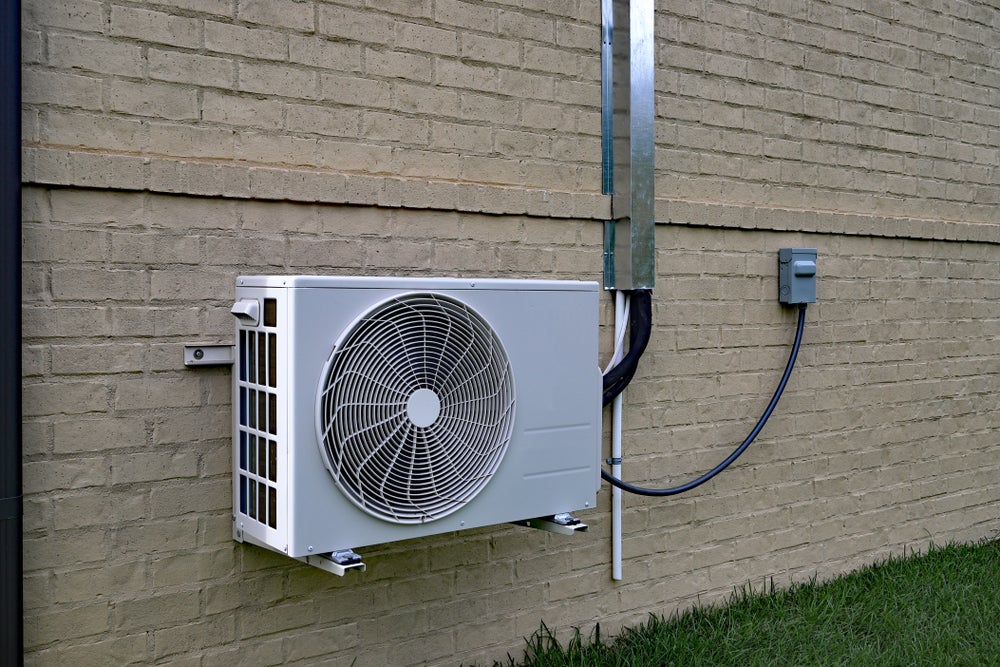
Europe saw a 41% growth in heat pump sales for 2022, compared with 22% the year before, according to the International Energy Agency (IEA).
Globally sales grew by 11% between January and December 2022. According to the report, rising natural gas prices and the European energy crisis were key factors influencing the uptake of heat pump technology.

Discover B2B Marketing That Performs
Combine business intelligence and editorial excellence to reach engaged professionals across 36 leading media platforms.
Policy incentives and support from governments have promoted heat pumps as necessary for the energy transition and securing sustainable heating, according to the IEA.
Last year the EU enacted a large-scale roll out of heat pumps, aiming to install 50 million by 2030. Nearly three million were sold in 2022 in Europe bringing the total amount to around 20 million.
The use of electric heat pumps over fossil fuel powered boilers can reduce final energy consumption in buildings by 66% and bring CO₂ emissions associated with heating down by 60%, according to Hybrid Heating Europe, an industry coalition.
REPowerEU, the European Commission’s scheme to increase reduce emissions and increase energy security, has supported heat pump adoption. Globally, the US government’s Inflation Reduction Act and Green Transformation in Japan have also prompted an uptake in the adoption of the technology.

US Tariffs are shifting - will you react or anticipate?
Don’t let policy changes catch you off guard. Stay proactive with real-time data and expert analysis.
By GlobalData“One size fits all”
According the IEA report, heat pumps currently cover around 10% of heating needs in buildings today but by 2030 they will have to cover around 20% to align with climate and energy pledges. This accounts for a 15% expansion in sales in the next decade.
The report found that “multistorey apartment buildings and commercial spaces” are a key growth area for heat pump adoption as they are currently underserved.
As the EU aims for one third of fossil-fuel powered boiler installation to be replaced with heat pumps, detractors have pointed out the disadvantages of this “one size fits all” approach.
Critics claim that the policy fails to account for the disparity in heating needs for nations across the EU. Additionally, retrofitting electric heat pumps into older buildings can carry a high cost. Integration into new builds, however is more affordable.
In the US last year heat pump purchases exceeded gas furnaces, with air to water models proving the most popular.





